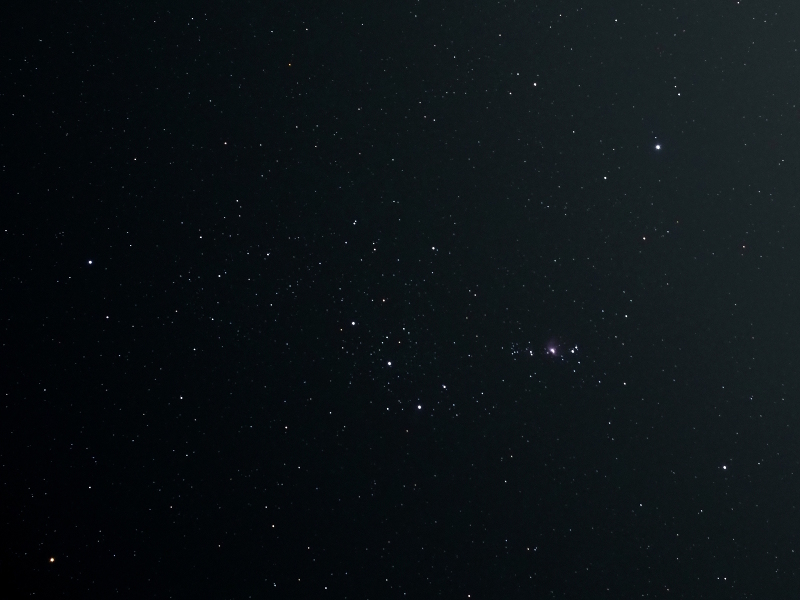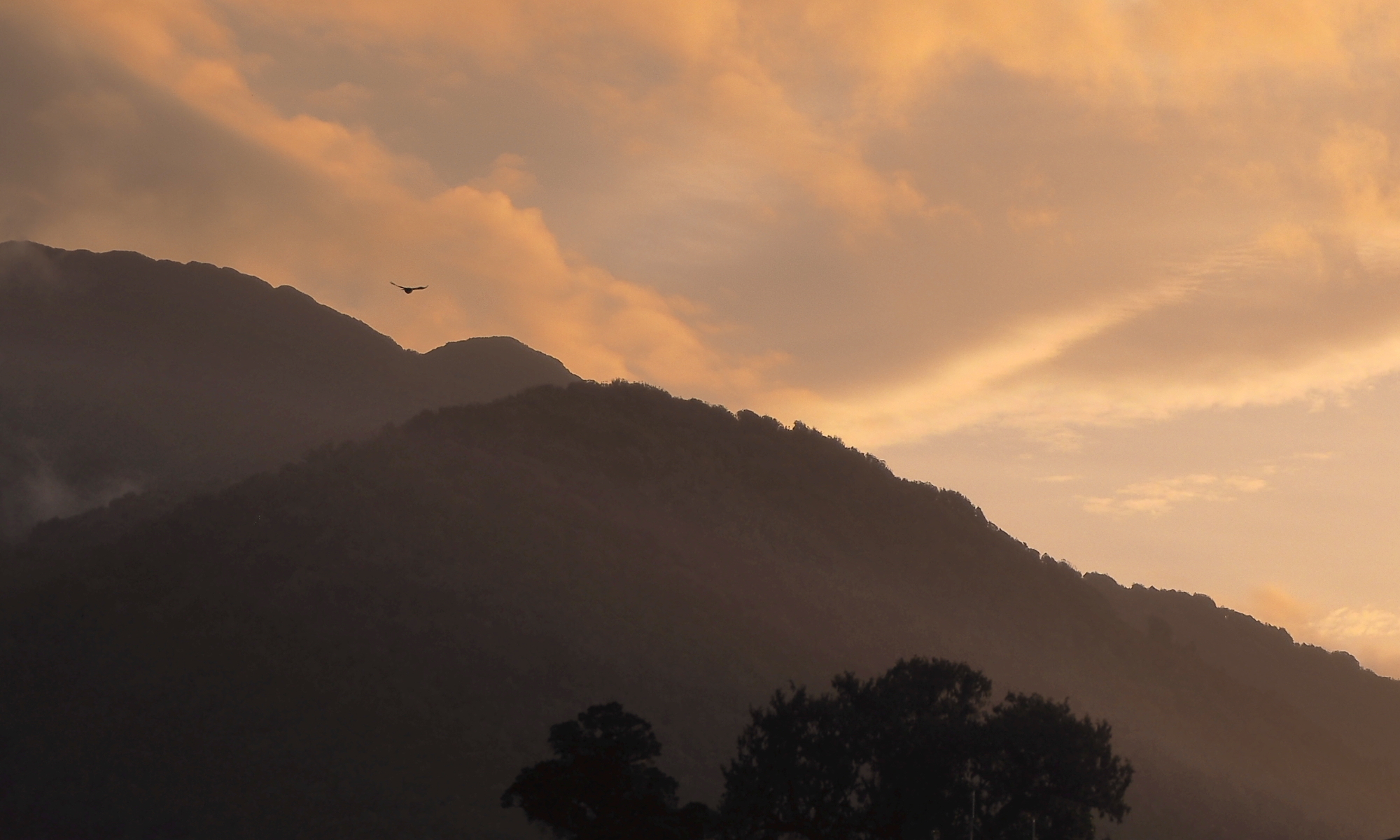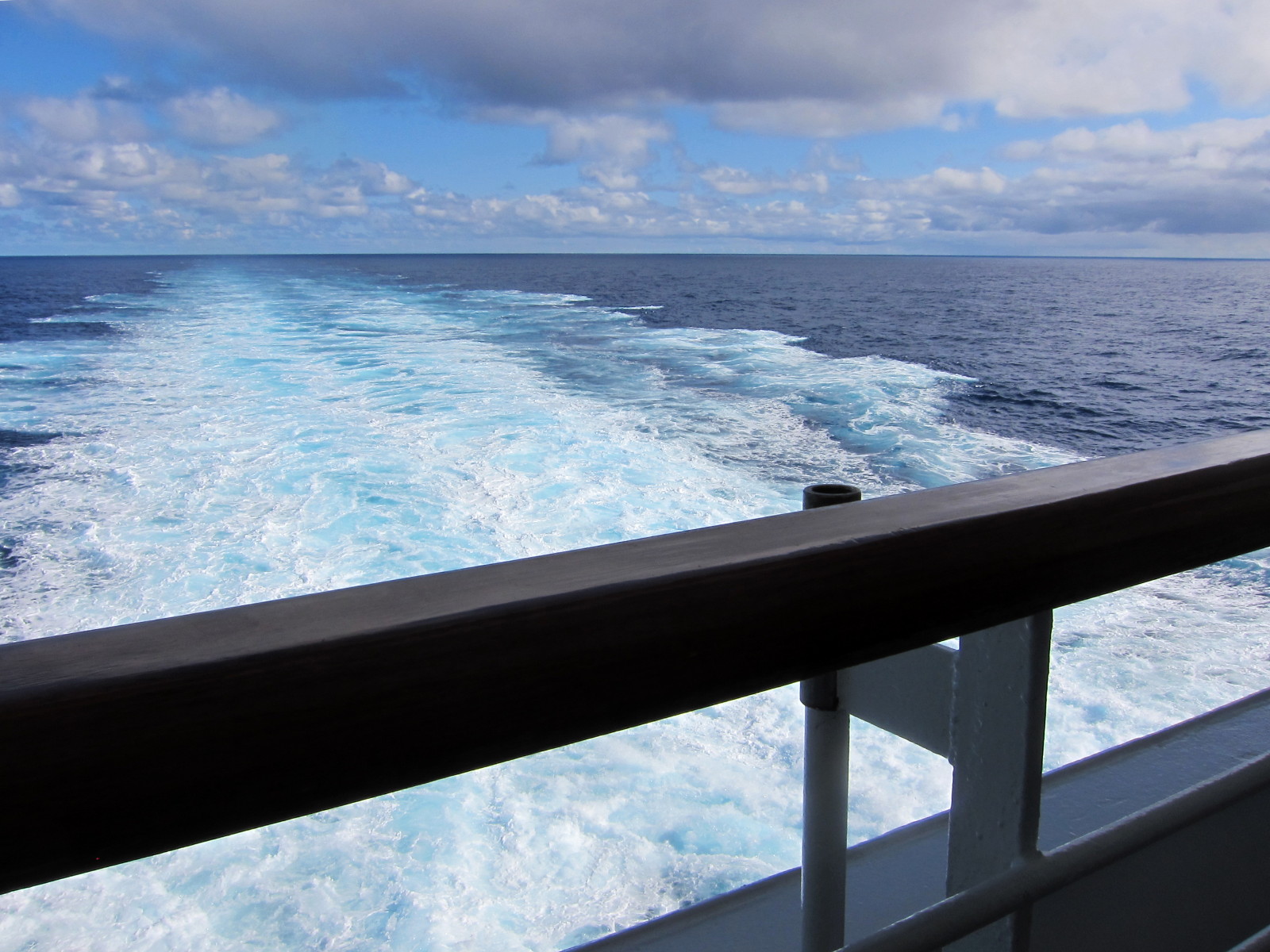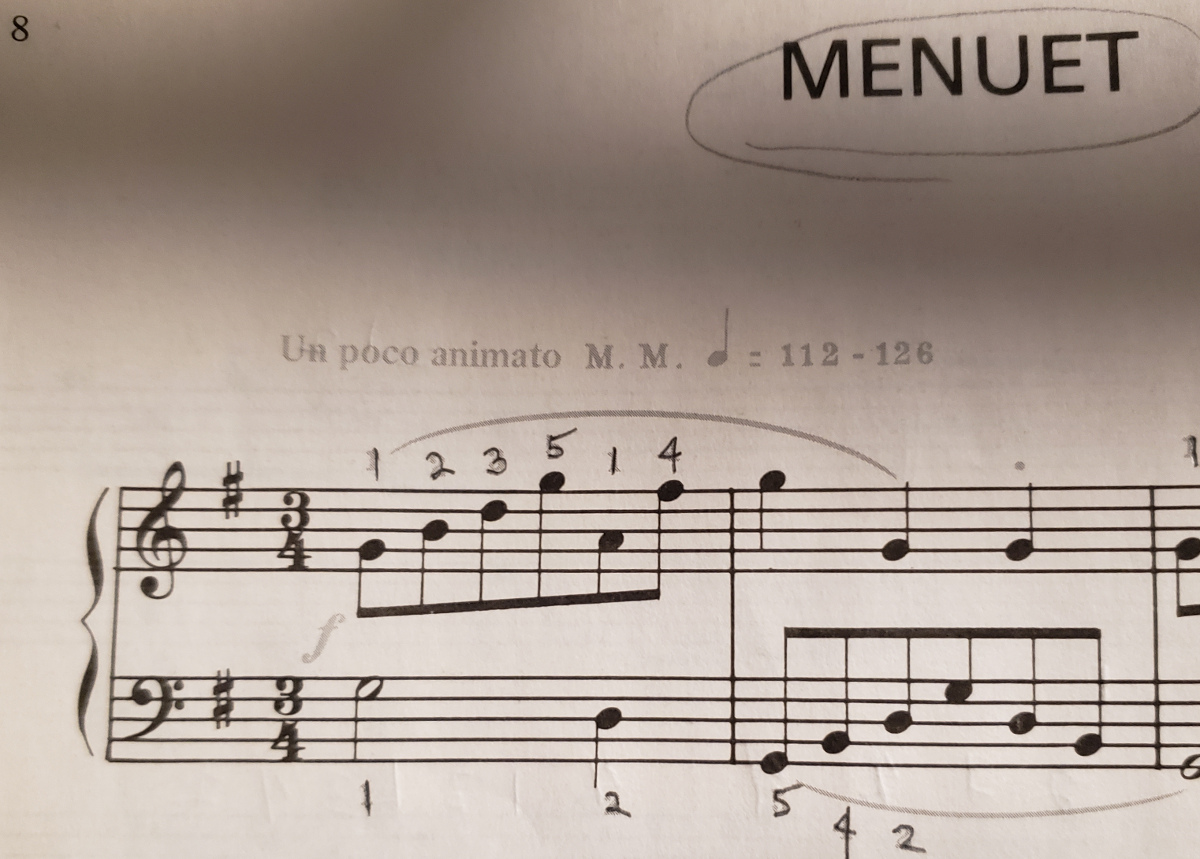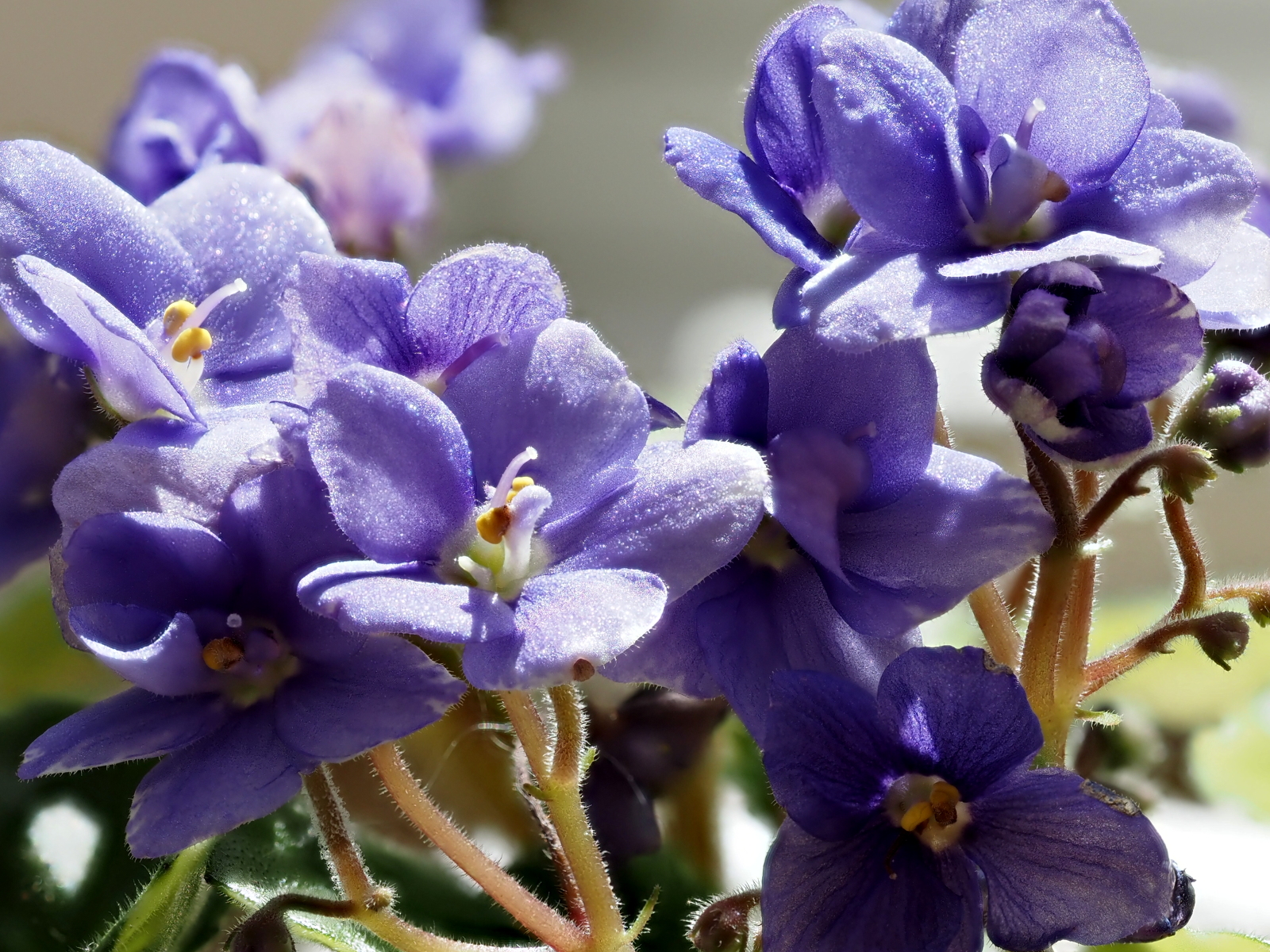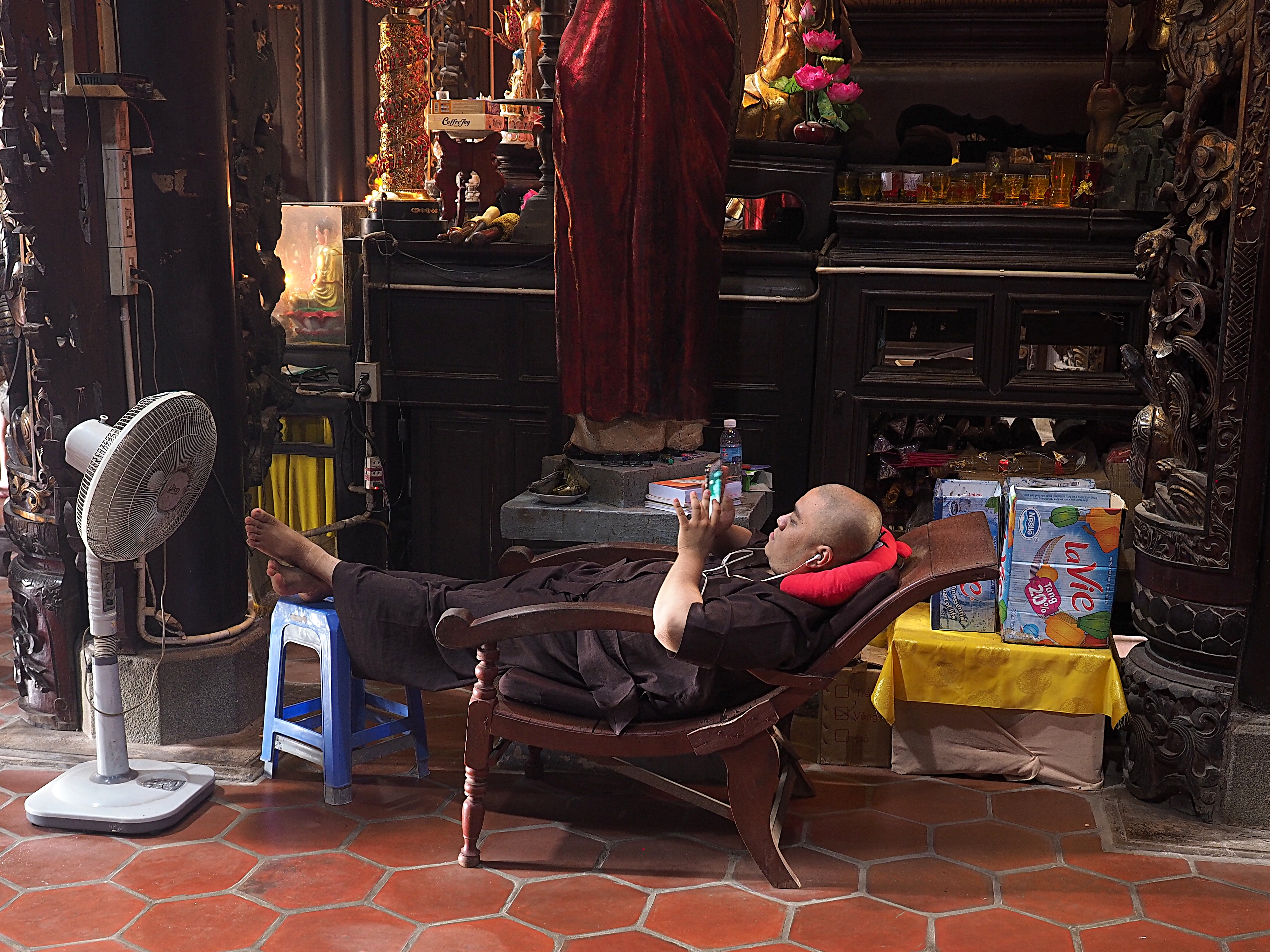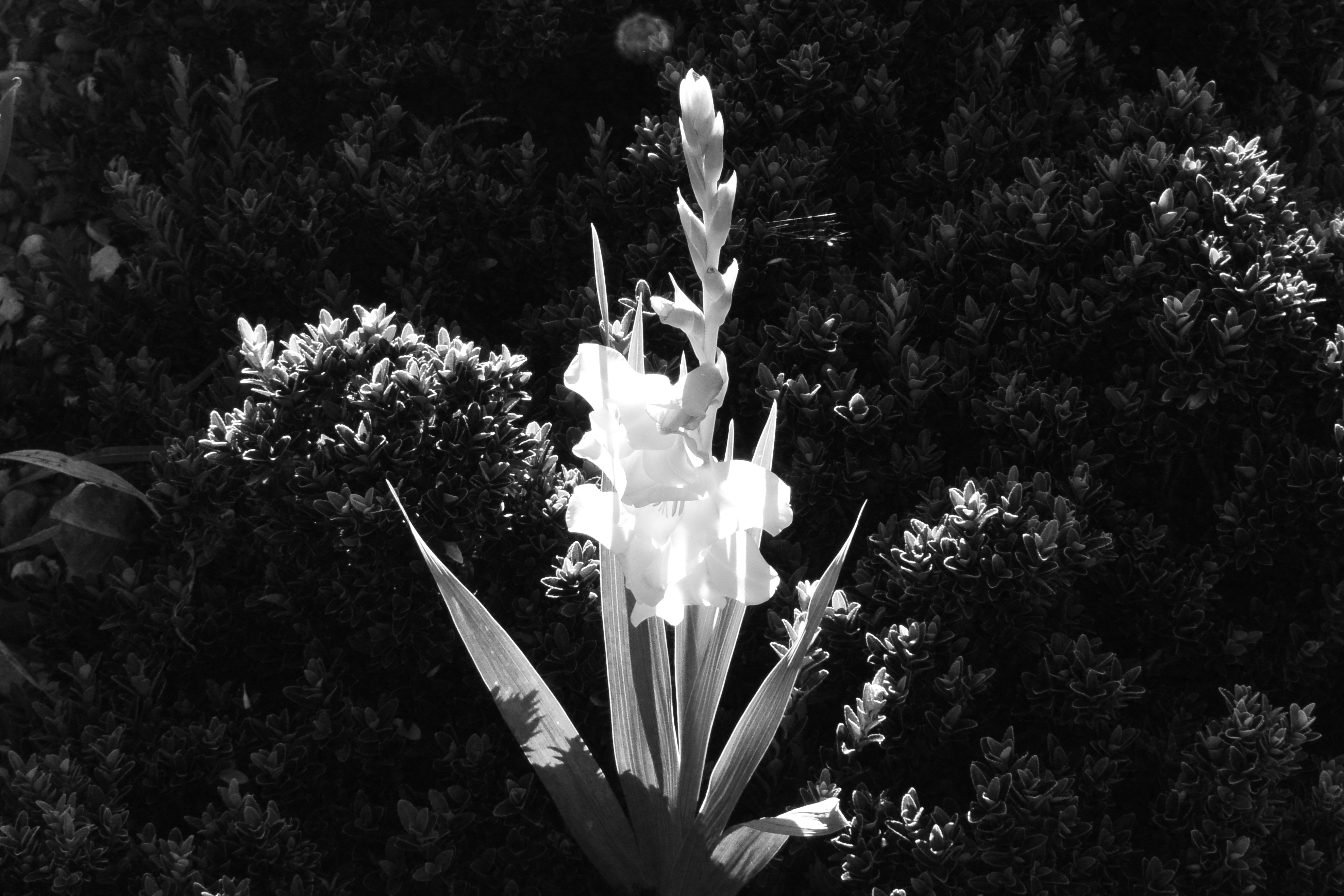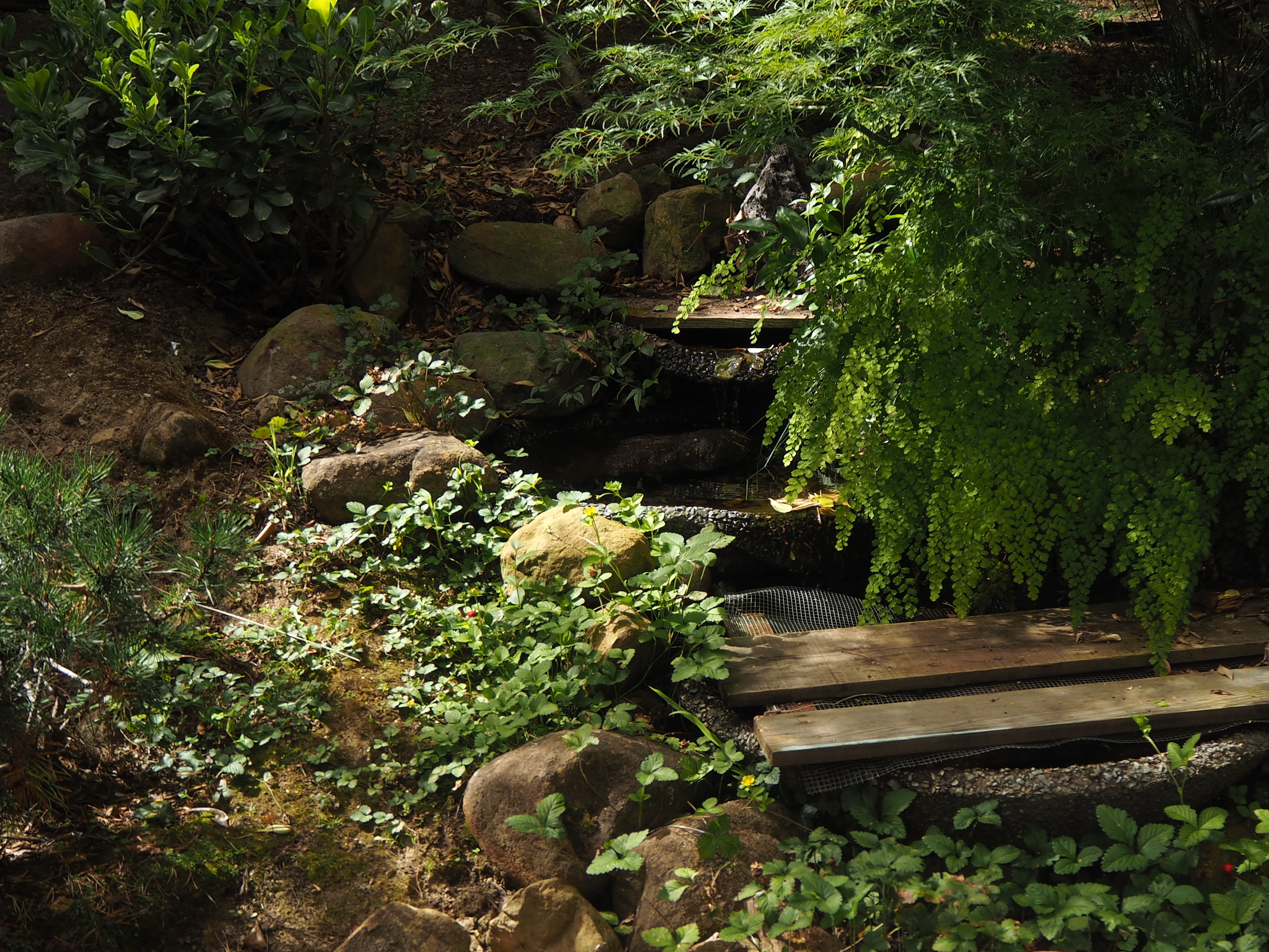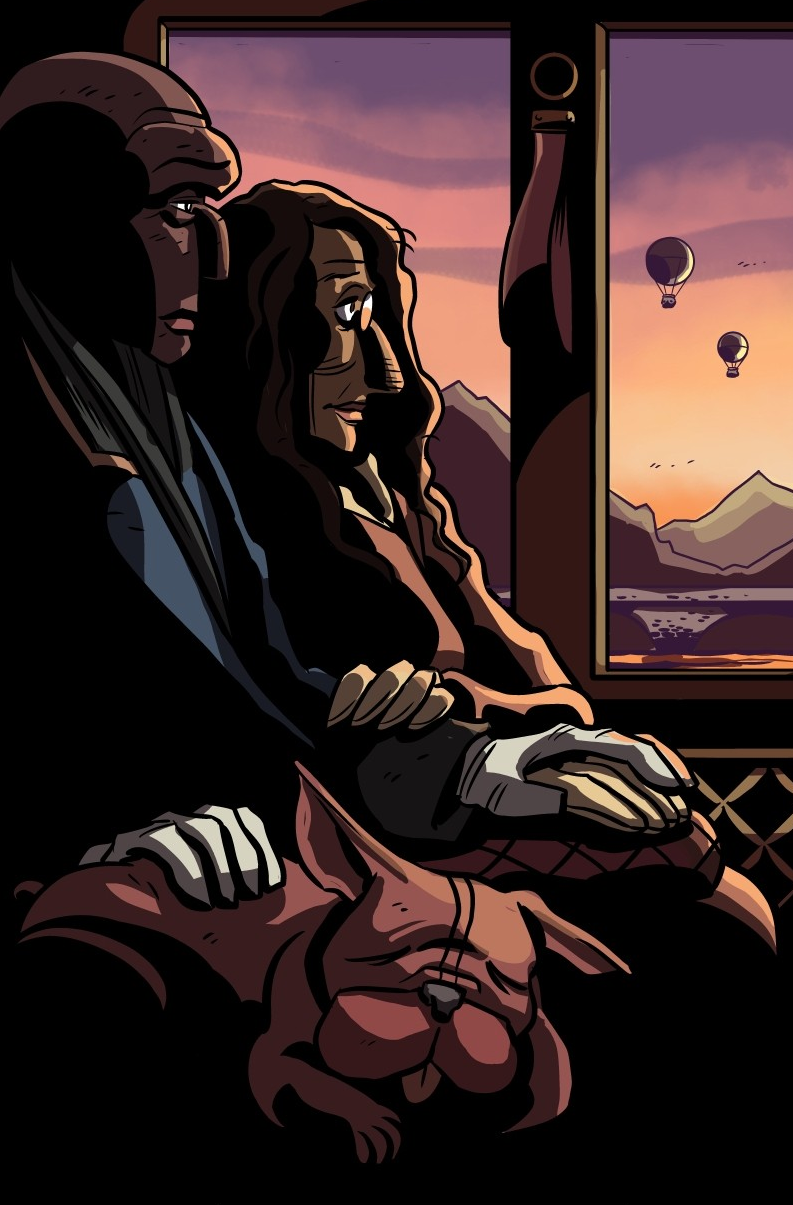“Chicago Typewriter” is a Korean drama currently streaming on viki.com. 16 one hour episodes . [Edit: Now available on Netflix!]
It starts as a slapstick romcom ghost story, transitions to an intense and tragic 1930’s Korean historical drama, and then returns to the present for a sentimental ending. Love triangle: two best friends love the same girl. All good. The story, the characters, the writing, the acting, the cinematography, the production values — all great.
What sets it apart from the flood of excellent productions coming from Korea these days, though, is the window it gives into the politics of the 1930’s. At that time Korea was a vassal state of Imperial Japan. In a way perhaps reminiscent of the US annexation of Hawaii, Japan “annexed” Korea in 1910. Korea didn’t regain its independence until the end of WWII, in 1945. For 35 years, Korea was ruled by a seriously exploitative foreign power , and through a large part of this time period there was an energetic Korean resistance. “Chicago Typewriter” depicts one of these resistance groups, and its passionate struggles with Imperial overlords.
The story is intensely nationalistic — the Japanese are represented as evil, and the Koreans (with the exception of despicable traitorous turncoats) are good. But while the series may not be precise in detail, there is no question that Imperial Japan acted very badly and made enemies throughout Asia. “Chicago Typewriter” makes it very clear that deep emotional wounds remain.
It is also an uncomfortable truth that many of the actions of the freedom fighters in the story would nowadays would be considered acts of terrorism. There were many in the Korean upper class who profited by the Japanese presence, and, in the story at least, some were murdered.
Large scale atrocities and systematic exploitation are historically common. Mao caused the death of perhaps 60 million of his own people. China has effectively “annexed” Tibet, and Xi may soon preside over a bloodbath in Hong Kong. Pol Pot killed a quarter of the population of his country. The Middle East. Rwanda. The Armenian genocide. Endemic racism in the US, and the endless US military actions throughout the world..
Dig back far enough in your own personal history, and you will likely find evil, no matter who you are.
[“Shuttle Love Millennium”, AKA “Love Through the Millennium 2”, is an excellent Chinese TV series that depicts the Japanese occupation of Shanghai in a similar way. ]
